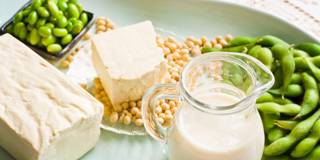
Long Live the Bio-Revolution
The COVID-19 pandemic has increased threats to food security around the world, underscoring the need for innovation to make agriculture and aquaculture more resilient and efficient. Fortunately, the biological innovations needed to do just that are quickly becoming competitive and scalable.
SAN FRANCISCO – In November, the United Nations World Food Program and the International Organization for Migration warned of the “unprecedented” threat to food security brought about by COVID-19. The pandemic’s collateral damage could turn out to be even worse than the disease itself.